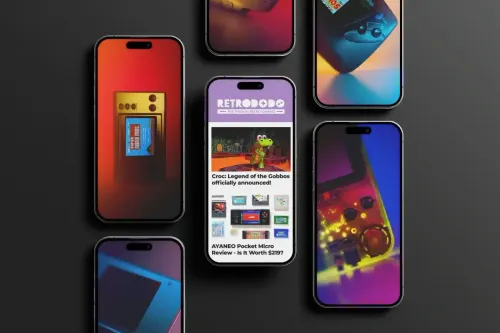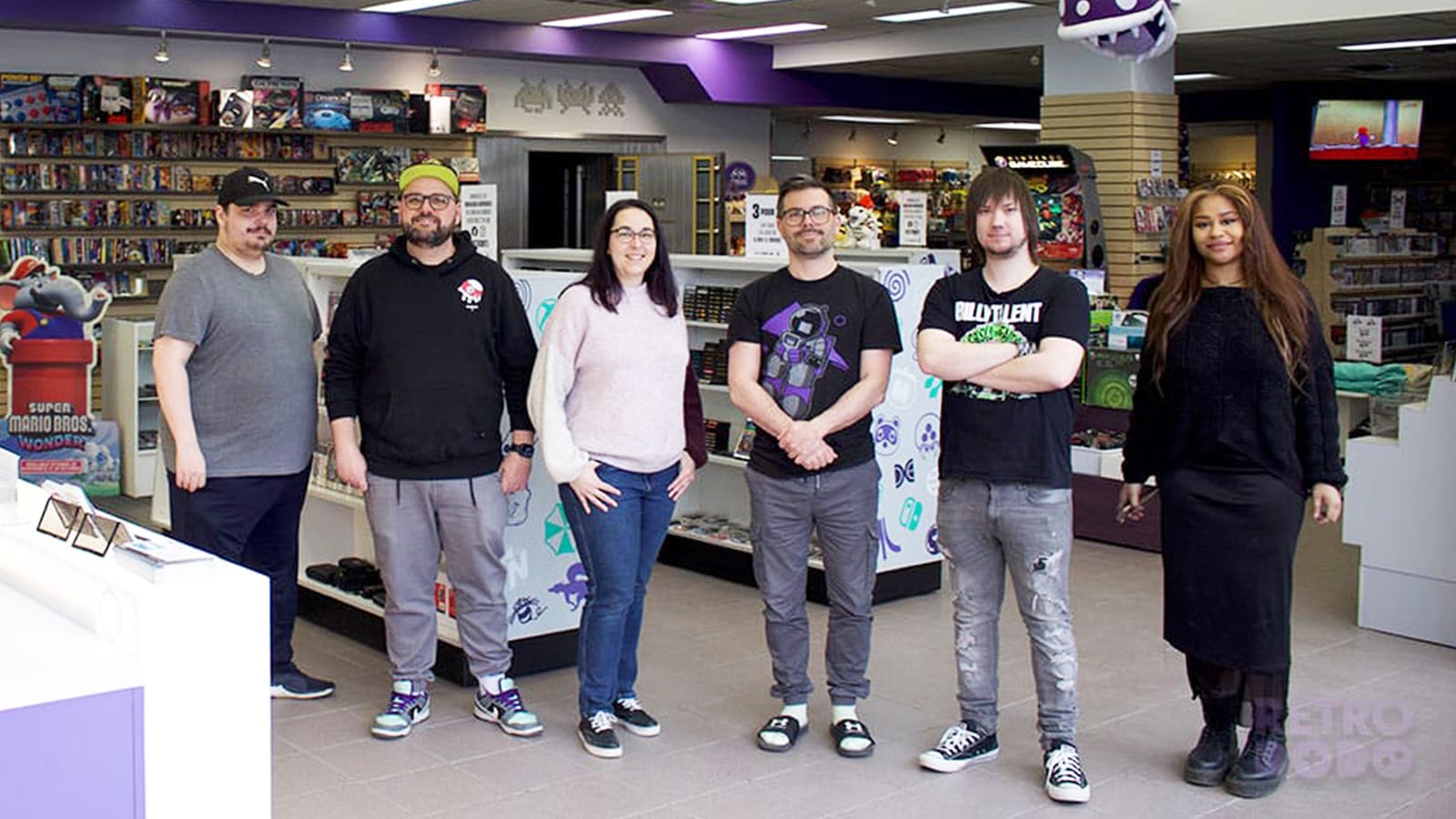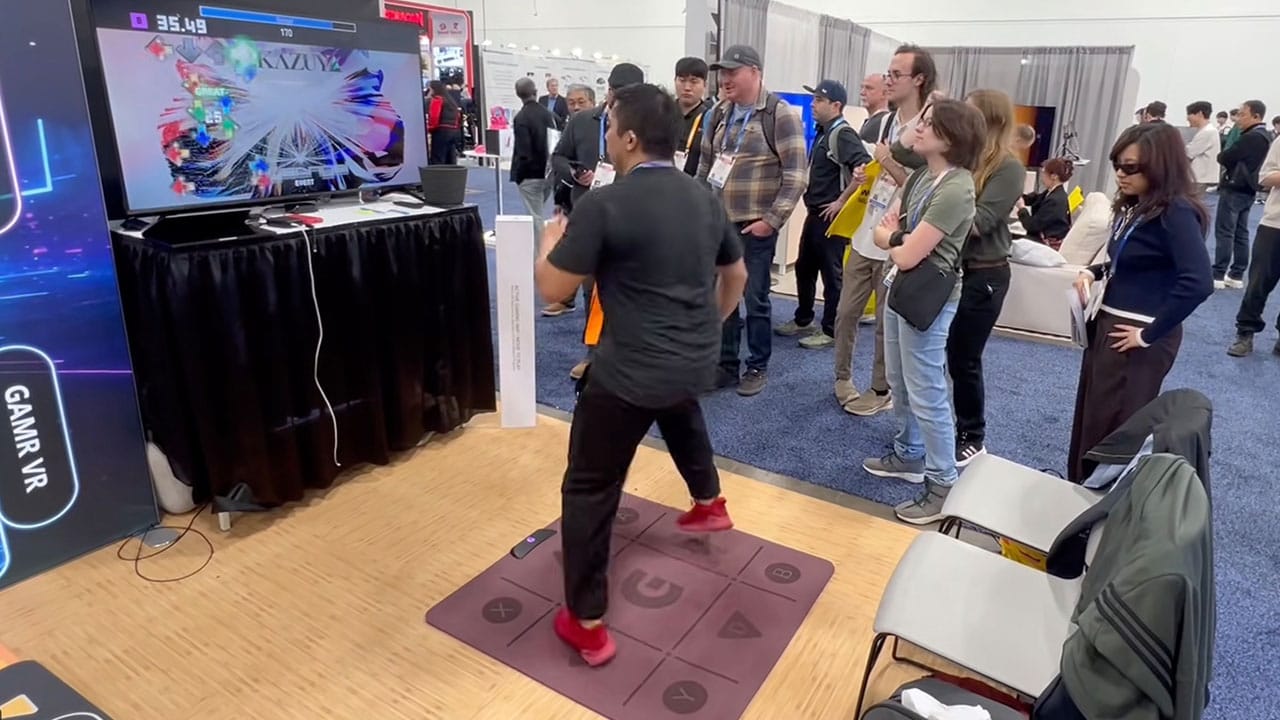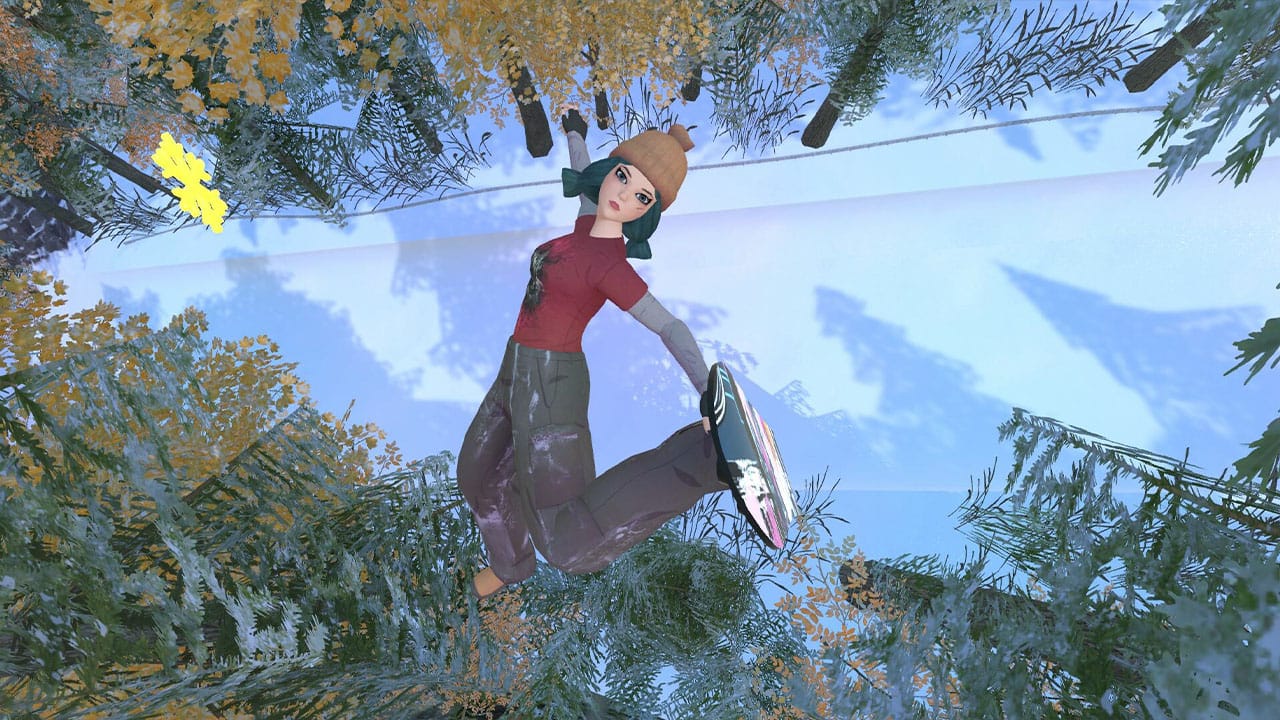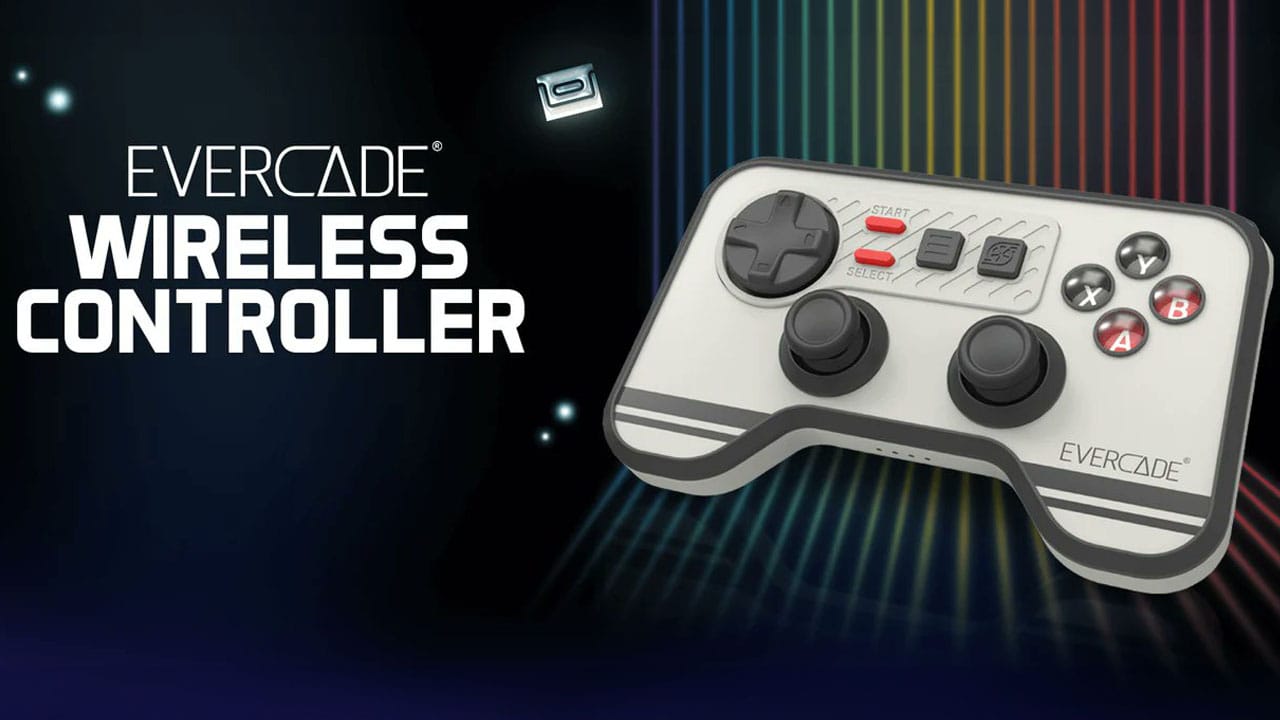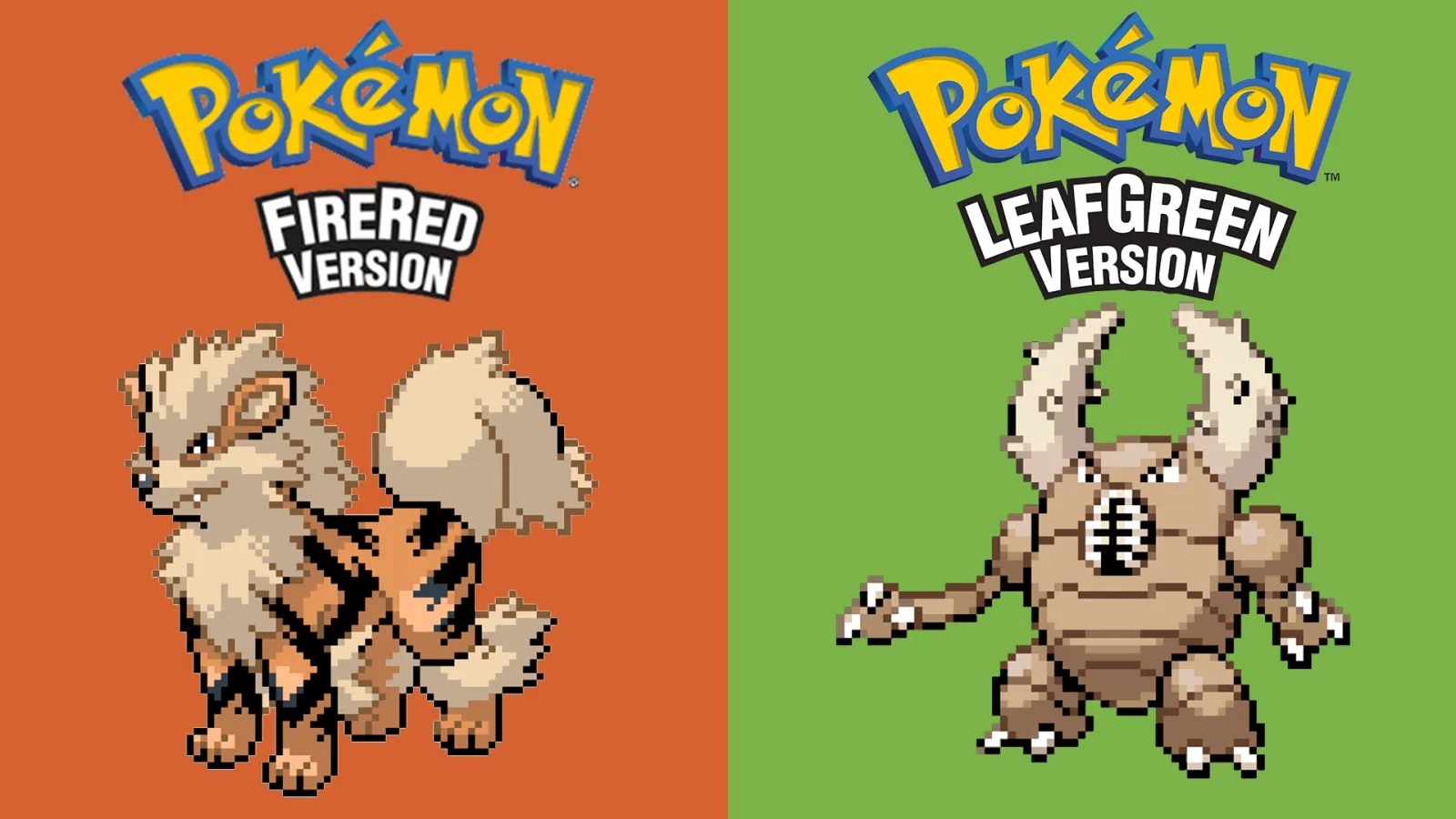A few blocks south of Montreal’s Olympic Park in the neighborhood of Hochelaga-Maisonneuve, east of Downtown and the Plateau Mont-Royal, is where Retro MTL has been welcoming the city’s retro gaming crowd and catering to their dreams for the past few years. Their store on Hochelaga Street serves as a haven for Montrealers to find the latest piece for their collection, order the game they’ve perhaps been seeking for years, or simply browse the shelves and be amazed at the astounding quality and sheer scope of all the consoles, games, controllers, peripherals, collector’s items, and in-house branded fun stuff that the store has to offer. Not only does Retro MTL provide a stellar experience to the local retro gaming audience, but the store also runs a nationwide shipping service, allowing gamers all across Canada to order their desired titles online and receive them at their doorstep shortly after.
The team’s commitment to unparalleled customer service, their welcoming and vibrant store design, and their infectious passion for the art and craft of video games has led Retro MTL to become one of the biggest players, if not the biggest player, in the retro gaming industry in Canada. We recently had the pleasure of sitting down with Dominic Bourret, one of the store’s founders and owners, and chatting about the store’s origins, its core values, its current operations, and what lies ahead for Retro MTL in the years to come.
This interview has been translated from French to English and has been edited for length and clarity.
Getting To Know Dominic Bourret
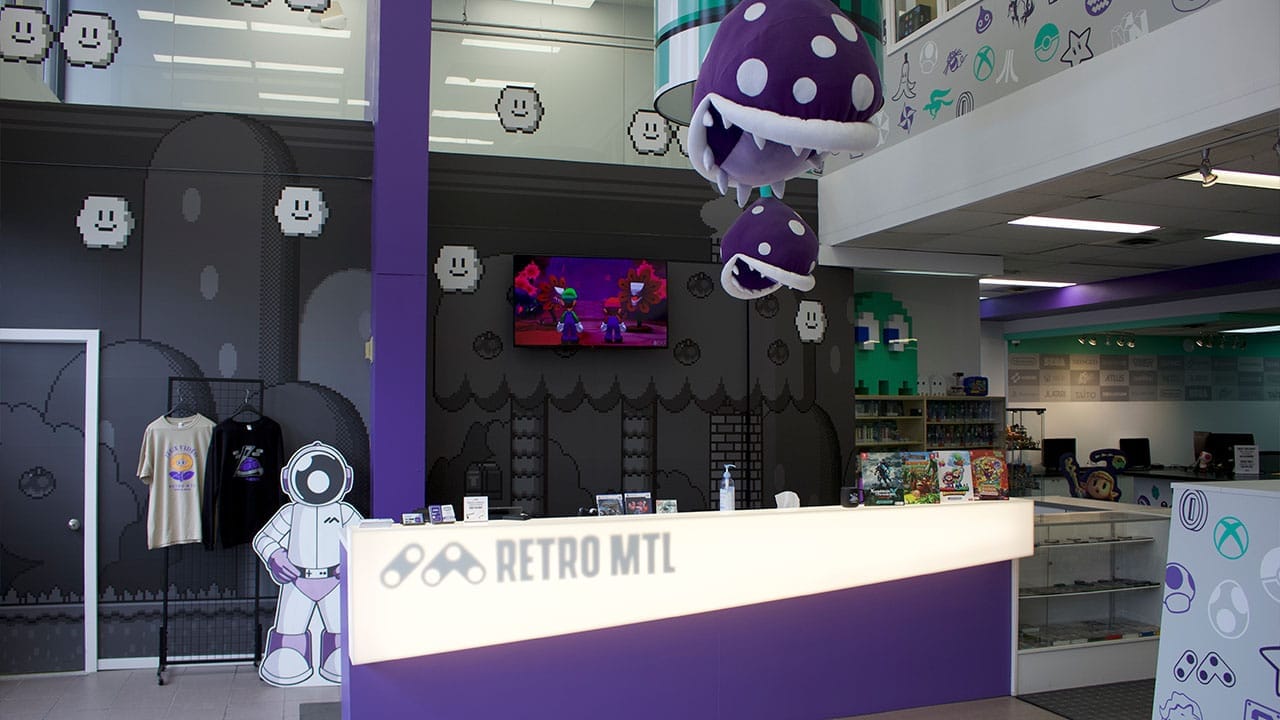
Xavier Martinez (XM): Thank you for having me, Dominic. I’d like to begin with the origin of the store. What can you tell me about how the store started? What was it like in the beginning, and how did it evolve into the store that exists today?
Dominic Bourret (DB): Originally, we were three friends who dreamed of having a video game retail store, a real physical store on the street, but we believed that, to make it happen, we first needed to succeed at selling games online. So we would buy games and collections and sell them from home, and we each had a role. The games and equipment went to one of us so they could get cleaned and put for sale online, the consoles went to another one to get put back in order, and then everything went to another one for the shipping.
DB: We worked that way for about two years, building our business on Shopify, and then once we had reached a sales volume that was important enough, we were able to begin considering a retail store. We rented a space that was two streets away from here and rather small, like a thousand square feet with a basement, and that’s how we began. Two of the three partners worked there full-time, and right off the bat, the enthusiasm was immense. There wasn’t any retro gaming store in Montreal aside from flea markets, pawn shops, and things like that, so there was a really important demand that we could meet.
We have salaried employees who take the time to polish the cardboard boxes with an iron, to clean and scrub the items. I don't mean to boast, but I personally haven't seen other stores apply such an intense attention to having clean items.
Dominic Bourret, Retro MTL
DB: It started off very strongly, as we wanted to offer an experience for collectors and anyone with a passion for video games, being collectors and passionate about gaming ourselves. This is a business of passion, and the experience we wanted to provide had to be about real pictures, real games on the website, games that were cleaned and tested, with a lot of love put into all of it. This allowed us to stand out right from the start, and about five years later, we moved here, where we are right now, in what used to be a Caisse Desjardins. We have two whole floors, close to ten thousand square feet, which I believe makes us the largest store in Canada in terms of physical space and among the largest in terms of sales volume. We have twelve employees, most of them working full-time, and we each earn a living from this, so we’re really running strong in Canada now.
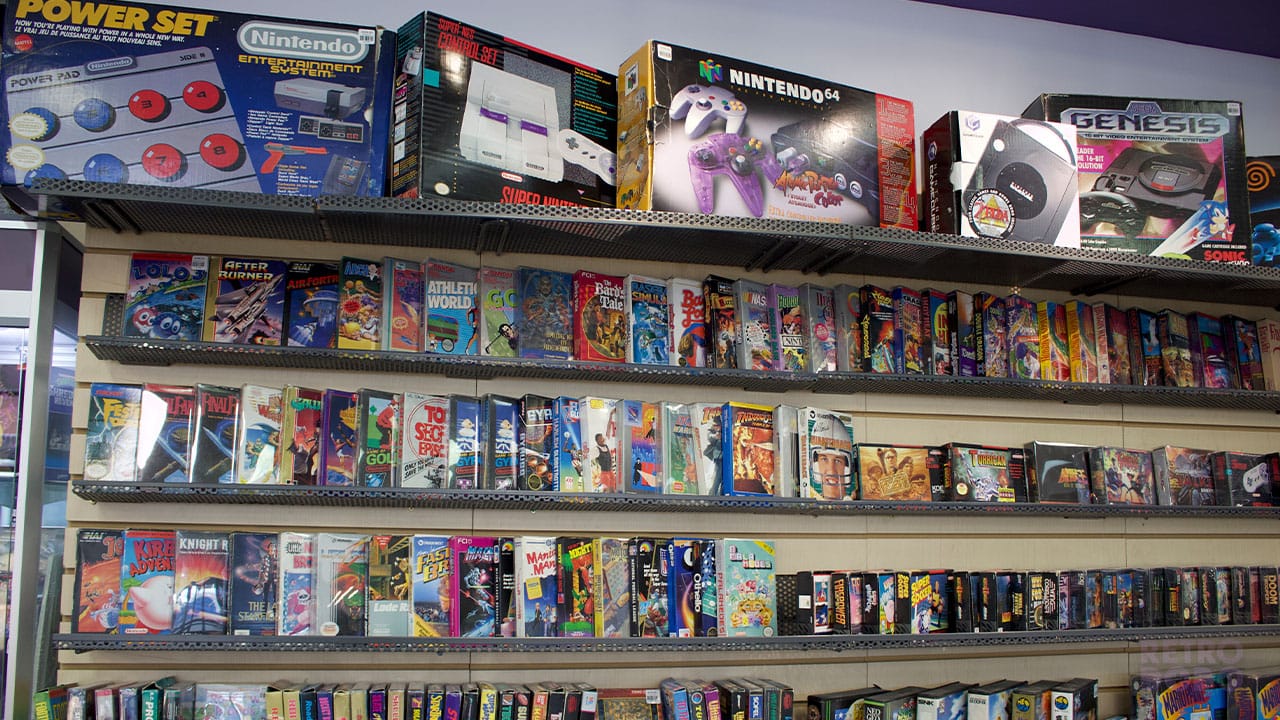
XM: Fantastic. It’s interesting that you mention the first store; in what year did it open?
DB: In 2019.
XM: 2019, right, because I remember looking around for retro gaming equipment about ten years ago, and I agree, there wasn’t any retro gaming store that was really established in Montreal. There were one or two small stores, a few in the suburbs, but they closed up rather quickly. There was one in Gatineau, which is a bit of a drive away, and some stores in Ontario, but there wasn’t one in Montreal that was a leader in the business. So the store did stand out very quickly right from the start, as you said, thanks to its attention to quality, cleaning the items, and properly maintaining them. Did you observe any competitors to get the inspiration of applying this much attention to detail, or was it already there organically?
DB: That was organically what we wanted to do. Montreal did have a few stores in the past, like Game Zone in Verdun. That one was very big.
XM: Oh yeah, I remember that one. It closed.
DB: Yeah, it closed not too long ago, there were scandals surrounding it, but it was a good store for a long time. There was also another place, closer to here in the east. The owner passed away, unfortunately, but people loved going there. I’m forgetting the name, it was Franc Jeu or something like that…
XM: Was it Papa Cassette?
DB: I’m Papa Cassette.
XM: Oh wow! We must have met some years ago, because I remember coming to the arcade near the Préfontaine metro.
DB: Yeah, that was the space I rented back then. It's the evolution of me personally, Papa Cassette. But to answer the question, yes, there had been stores in Montreal, but they closed up over time, so there was silence for a few years before we came in with an offer that was more modern, so to speak, and really focused on retail. I'm a graphic designer by profession, so we wanted to establish a solid brand with the right colors, with mascots too, and we wanted sales to be strong both online and at the store. We didn't want it to look sloppy or careless, and investments were made on that level. Even at our old store, that branding was present, so yeah, we really wanted it to be clean.
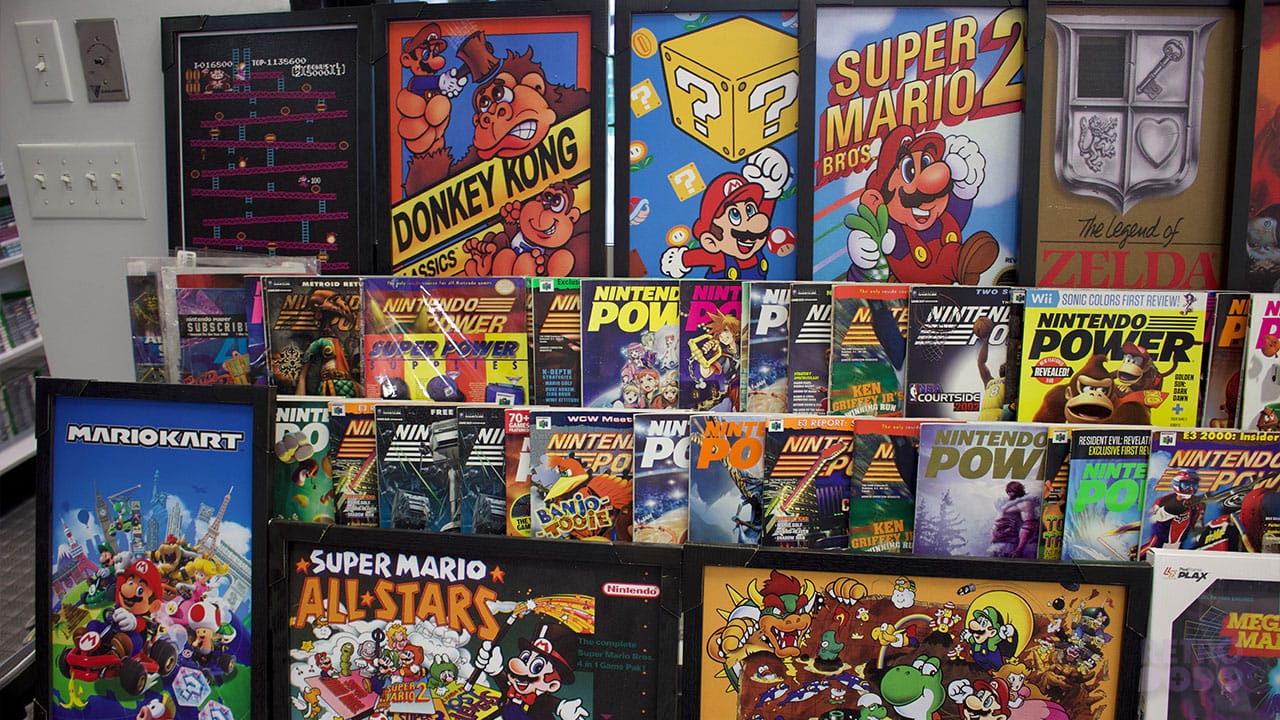
XM: I noticed the work done with the Mario fire flowers and the bagels, either Fairmount or St-Viateur, so we can see the branding focuses in large part on Montreal itself, as the name Retro MTL shows. That's a very nice touch, and it helps the brand stand out both locally and outside of Montreal. Great job there.
DB: Yeah, we try in our in-house merch to pay tribute to things from Montreal, like St-Viateur Bagel, you saw that. And there's also one with the Olympic Stadium and a Mario shell, and we have another one in the works right now. Retro MTL says it, you know; this is our city, this is where we started the project, but it doesn't mean we'll always be in Montreal. Yes, there's always going to be a store in Montreal, but we also have plans to expand and eventually move out of the city. We'll see then how we're going to operate, but yeah, Montreal is at the heart of the project.
The Importance Of Impeccable Customer Service
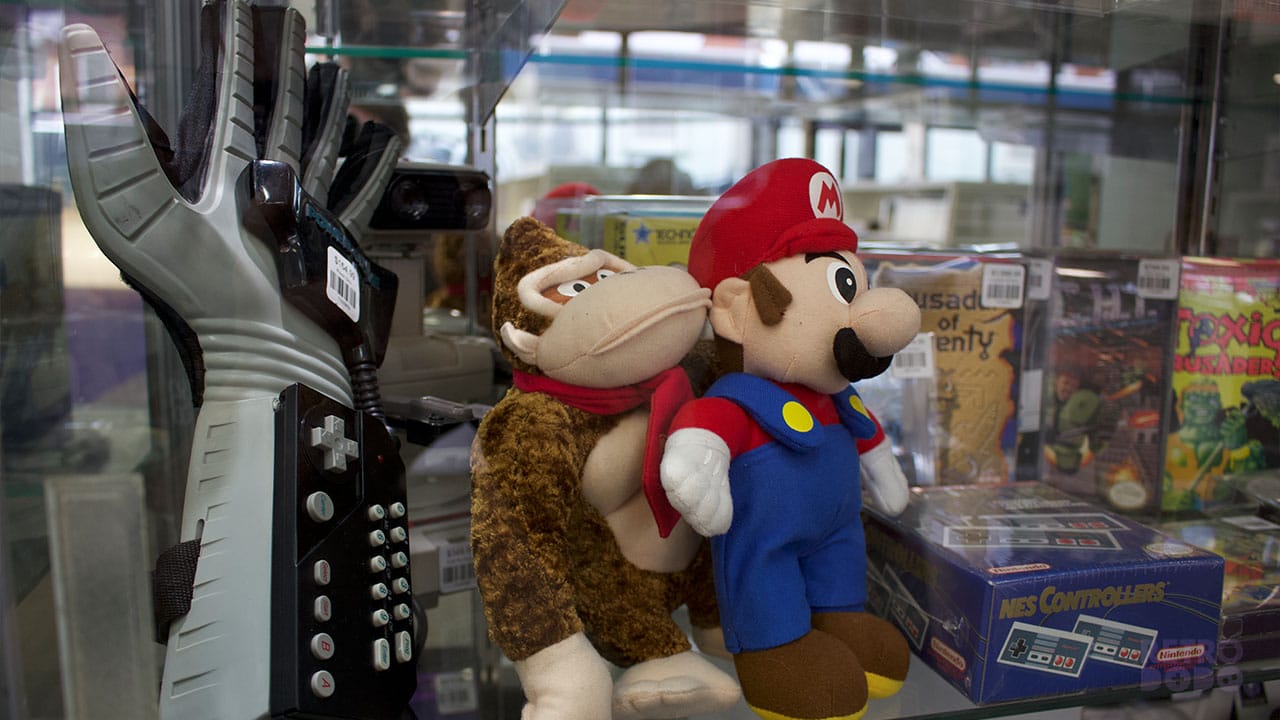
XM: This brings us to our next question: What can you tell me about the scale of Retro MTL's current operations and also its future goals? Concerning the expansion plans, are there any cities that you already have in mind? Does it revolve around extending your distribution network?
DB: Right now, the business we're doing here is about 90% used merchandise, which we buy from people, and 10% new merchandise, mostly games. Selling new games isn't very profitable, let alone selling new consoles, which is why GameStop and those other companies are struggling, and I sympathize with them. The percentage of new merchandise is maybe a bit higher for controllers and peripherals and those kinds of things, but we really specialize in the business of video games from all generations. To do that, we have to buy the items properly, which is at the core of everything, it's really the most important thing, and this is what GameStop and Microplay, and all the others stopped doing over time.
People expect a video game store to be all crowded, badly lit, in a dark corner, and with stuff piled up everywhere. But here, what we really want is to develop the business as a banner, like a Toys "R" Us.
Dominic Bourret, Retro MTL
DB: It's too hard for a big company to buy all the games, and we're not yet a big company; we're still an SME, but we want to start from here in order to expand. Business is very good right now, there's a lot of merchandise coming from people here in Montreal, and we're buying items every day. Plus, there's a large trend to buy back right now. In terms of used merchandise, we have to buy everything we see because these objects aren't made anymore, so we can't just pick up the phone and order parts. We're determined to buy everything we see, and sometimes there's a surplus, so we work hard to sell everything at the store. Supply is really not an issue here.
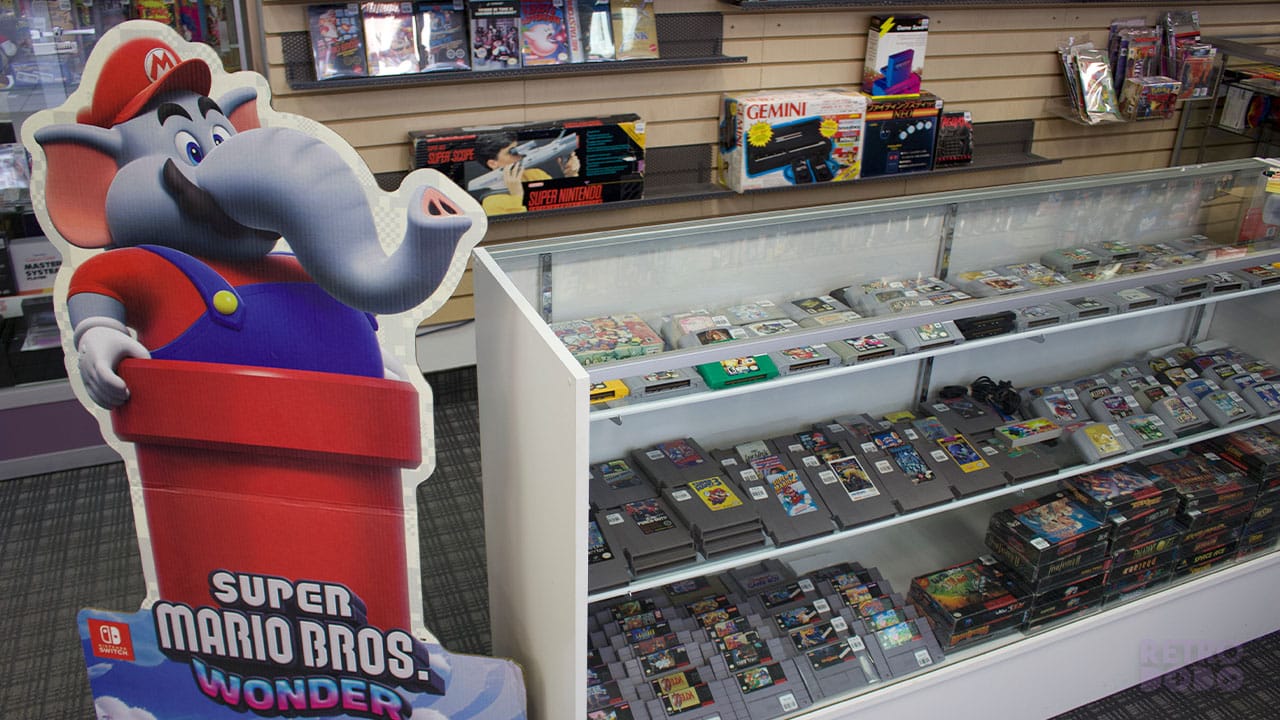
DB: We buy everything here in the store, the merchandise then goes up to the second floor to get cleaned and tested and put back in order, and then everything goes to the web team, which puts all the inventory online. Everything we have on the shelves here is also available online in real time, so if you buy something online, it gets removed from the system, and the store team takes it off the shelves. So that's how we operate, and this year we're investing a lot into web tools to perform even better in terms of buying items, and also to update our website. We invested in a new physical store, and now we have to invest more into the online store, it's very, very important, and a big percentage of our sales. This is a year for us to become stable again, so to speak, and once all that is covered, we can start thinking about how to expand and reach other cities.
DB: We'd aim for cities where there's not much to offer yet. Quebec City has several stores already and it's a bit saturated over there, so it's not super interesting for us, but we'd still like to aim for cities that are big enough instead of small, so not somewhere like Shawinigan for instance, but rather big cities where the offer is low right now, so we could set up business there. I don't know when we'll be able to really consider it, since there are a lot of things to handle right now, but it's our medium-term goal for sure.
XM: Awesome! In terms of what really defines the store, I saw that the quality of the merchandise is indeed superb, and the quantity is amazing too, it truly sets a gold standard. I first saw the initial store in 2021, and even though it was small, I noticed the quality of the products and the number of customers there. It was all immediately visible, even for someone visiting the store for the first time. You and the team clearly cultivate a very vibrant, very accessible rapport with your audience. What would you say are the store's fundamental values, and how do these values help the store stand out? Jonathan, one of the other staff members, had mentioned that one of the store's best aspects is to include women in ownership roles, which is hardly the norm in the industry and already sets the store apart from the rest. How would you describe the store's core values, and how do they help the store curate a better vision, a better sensibility vis-à-vis the rest of the industry?
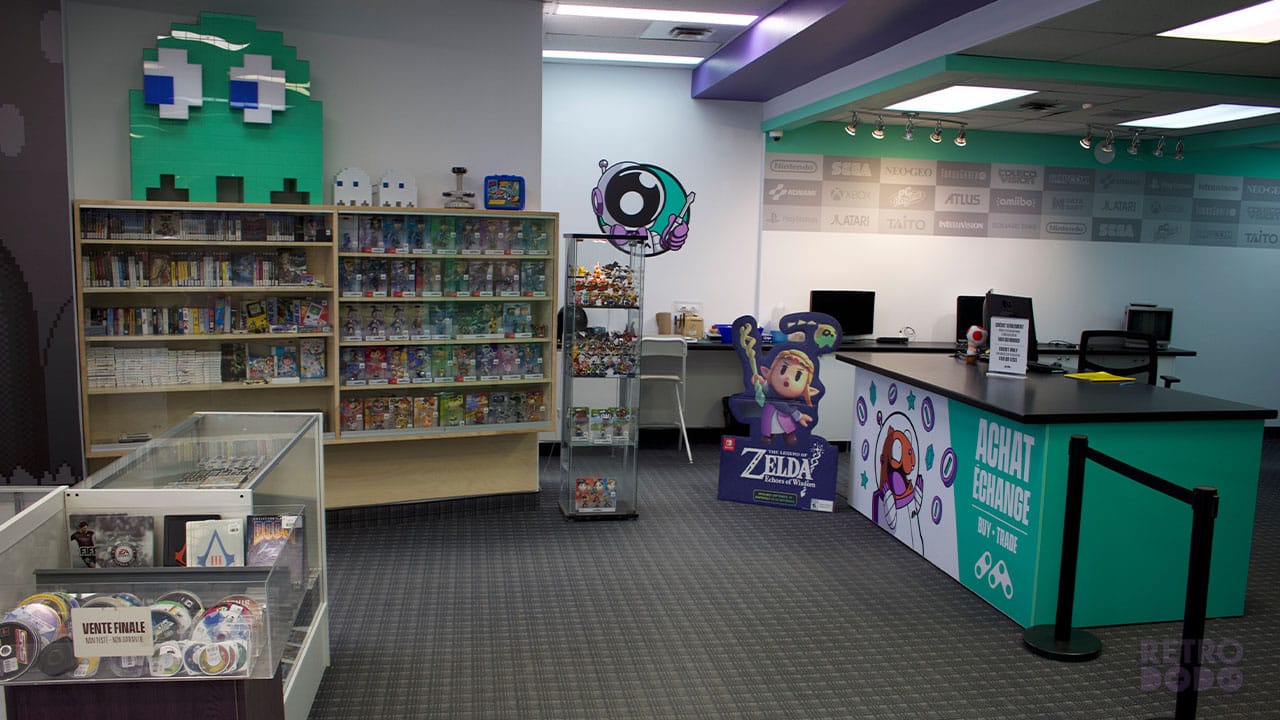
DB: The focus of the store remains, like you said, on clean items, on inventory that looks just like new, even though it's used. We try to complete it with the boxes and make sure everything is as impeccable as it can be, and we keep showing real pictures on the website. These values were there right from the start, and they keep guiding us even if the business has grown a lot. It requires resources, you know, we have salaried employees who take the time to polish the cardboard boxes with an iron, to clean and scrub the items. I don't mean to boast, but I personally haven't seen other stores apply such an intense attention to having clean items.
DB: Customer service is hugely important to us; we strive to be courteous and understanding, like if an item turns out to be broken, we just solve the problem without arguing. We know there's never going to be a serious problem here, so we don't make a fuss over little things. There are always going to be dishonest people, but we just have to deal with it, and it happens very rarely. Our service is very personalized, even with the size of the enterprise, and our employees are passionate about games, both old and new. We have employees in their twenties who are super motivated; I'm forty-five, and it keeps me young to have young employees at the store, so that's great. Also, when it comes to business development, the shareholders are here full-time, myself included, so it's not just a side project. We're salaried owners of this enterprise, and we work at it full-time.
DB: Among our shareholders, we have Martine, our general manager, who worked in retail at very large companies, and she and the other women have a lot of experience in HR and all these things. Having her on board really helped us move the business forward. It's an investment that's very important, of course, to have a salaried human resource with as many qualities and as much experience as she does. We make these investments to do the right thing and to efficiently develop the business. The other owners and I work on development every day, and we're really invested in making the business better, and we're all passionate about games. So all this makes the enterprise what it is today.
XM: Fantastic. Having people like Martine really helps break the "boys' club" image that the world of video games still has issues with; it helps change points of view and already makes a difference in terms of the attitudes in the industry.
DB: Yes, and even when it comes to the employees working both online and at the store, the men-to-women ratio is pretty much equal, which is something we're very proud of. And I completely agree, the old "gamer" and "game shop" image is not something we want.
Key Moments Of Running Retro MTL
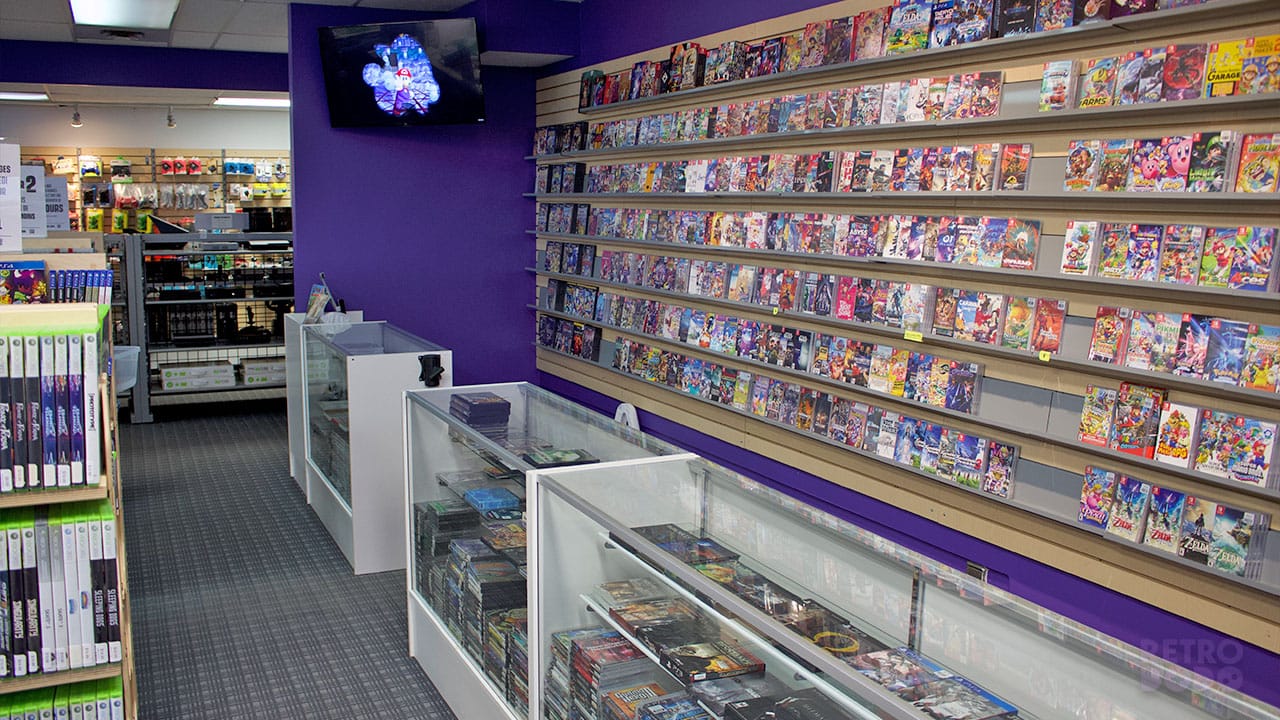
XM: What can you tell me about personal achievements, key moments, highlights at the store that made you all proud, made you feel that you're really doing a good job, made you happy, and proud of all the work done? Do any memories come to mind?
DB: Just moving here, in a space as big as this, and succeeding in bringing the business all the way here, considering that it's based on reselling used video games and not airplanes or something like that, is very impressive to us. Otherwise, it's events that happened here, like last summer we hosted the pop-up shop for NOFX, a super popular punk band from California, during their farewell tour. We had their merch store here, which generated a lot of action for four days, and we had a wonderful time ourselves; our employees were thrilled. So it's been great experiences like that.
DB: We did game launches, including games developed in Quebec like Panzer Paladin or Sea of Stars. Physical game launches are always nice events, and they're a lot of fun. We also worked with a local microbrewery; we did a collaborative project on two beers with them, for fun and for the neighborhood, that reflects the image of our two businesses. We do product launches like that, and we have another one coming up in the fall, so this kind of collaborative project is always fun. We had a visit from Lewis Hamilton in our old store before we moved, which was really memorable. Carlito of the YouTube and music duo Mcfly et Carlito also visited us from France not too long ago, and that was great too. We attract public figures who are pleasant and renowned, which makes us very proud, and I believe we offer an appealing image too for that kind of audience.
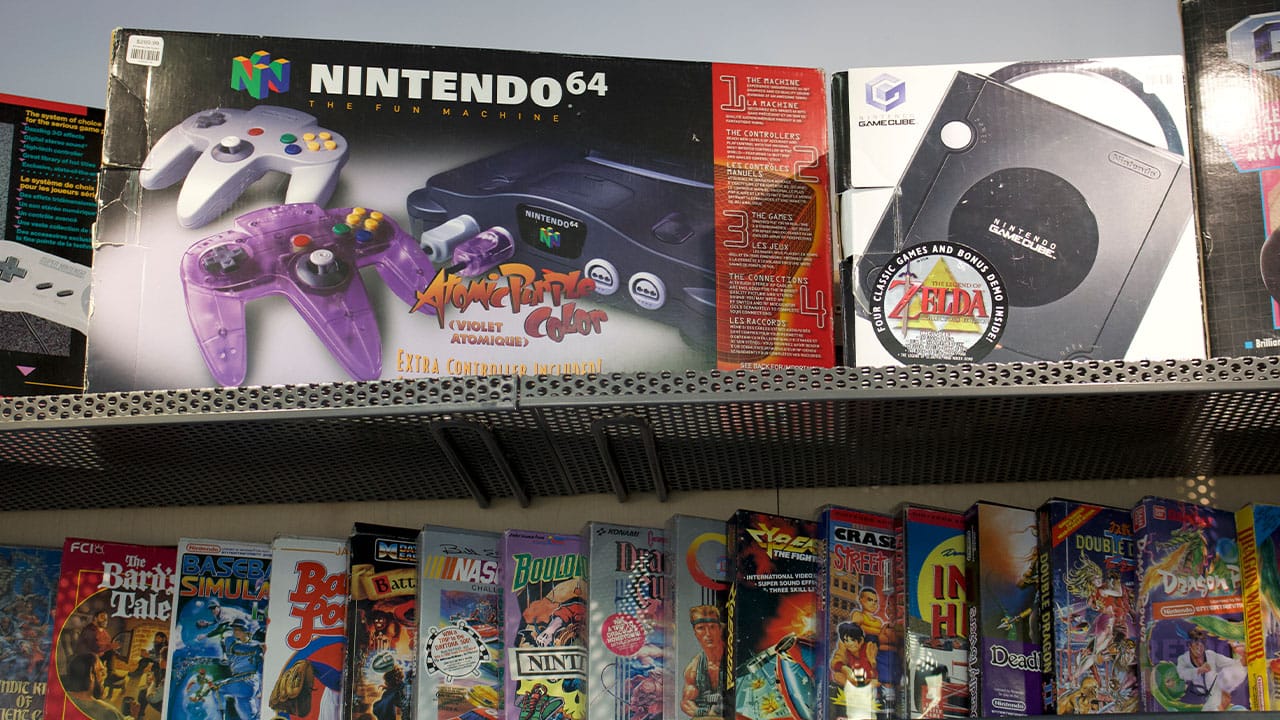
XM: Absolutely. We spoke about the branding before, and just the image of the store is different from what people may think. You know, when people hear of a retro gaming store, the image that often comes to mind is a place that looks like a cave, that's badly lit and cramped, but here it's the complete opposite. A beautiful palette, lots of light, large windows. It's different compared to the preconceptions people may have, and it already makes the store more appealing to both local and international figures.
DB: Totally.
XM: Yeah, it's not surprising that so many figures have been visiting.
DB: It's all about the image. Like you described, people expect a video game store to be all crowded, badly lit, in a dark corner, with stuff piled up everywhere. And it's fine to have these stores too! Being a gamer myself, I like browsing around these places. But here, what we really want is to develop the business as a banner, like a Toys "R" Us.
XM: It really looks like fans of any franchise or any console have something they can find in the store, so I assume there's nothing really that doesn't have an audience here?
DB: Yes, in a day here we sell some of everything. We can sell an Atari game, or a PlayStation 5 game, NES, PS3, Xbox 360 - we sell everything on a daily basis. And we don't just cater to Montreal; we sell online, so all of this gets sold across Canada. Of course, our numbers for Atari games are going to be different from our numbers for Switch or NES games, which is normal. N64 and GameCube are what's most popular right now. Xbox 360 games are very common too, and we sell a lot of those all the time. Also, PlayStation 3 and PlayStation 2. PS4 is trickier for us; we're always looking for more of that, but everything gets sold. I don't know if, say, people in Alberta prefer Xbox or PlayStation, but we have statistics from some of the ads we've been running online on Google and the sales we've been doing, and what we see is that everything sells.
Looking To The Future
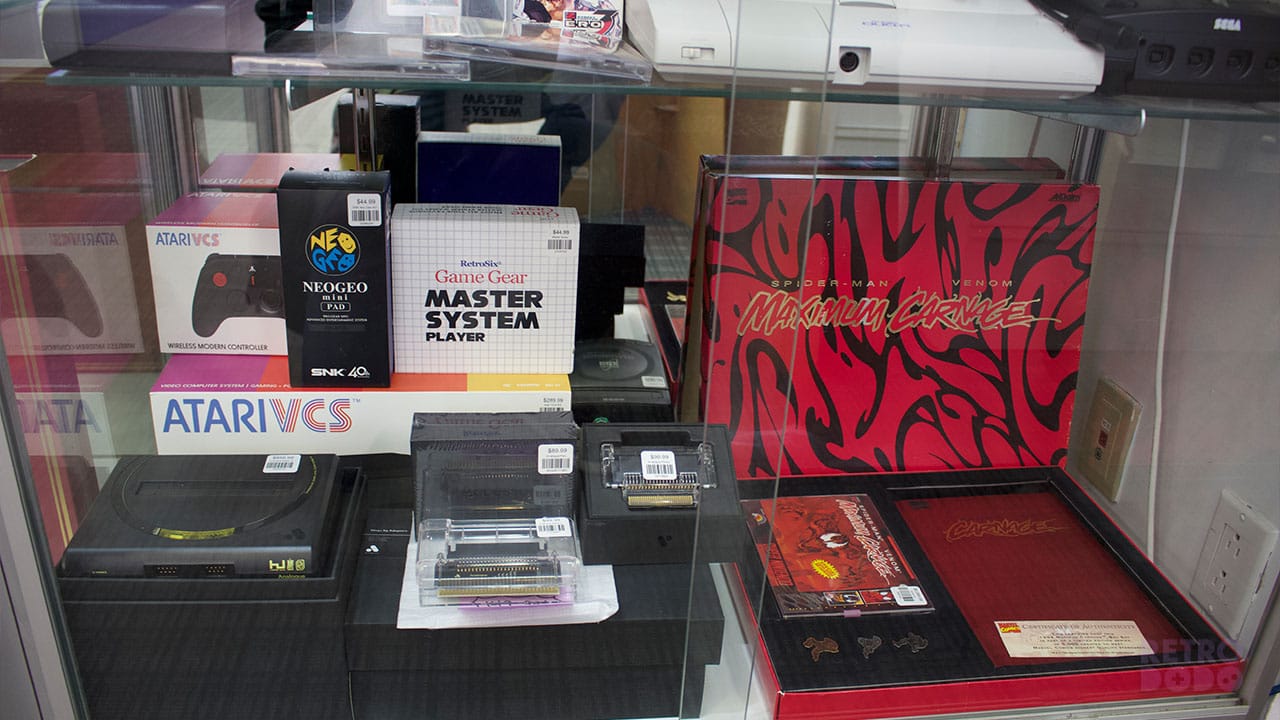
XM: This brings us to our last question: What are your predictions, your expectations for the next five to ten years? Not so much for Retro MTL, since we covered that, but more for the world of retro gaming in general. Is there anything that excites you or worries you in particular? What's your take on the direction of the retro gaming industry right now?
DB: It's very important for us to think about the future. Personally, I've been interested in retro video games and collecting them for fifteen years now, and every year someone says that it's just a bubble, that people will lose interest and all that, but we know that's not true, like, we sell NES games all the time, that hasn't run out of steam yet. The industry still produces physical games. The Switch 2 just came out, and it has physical games, so that's a whole new generation of games that will become retro one day.
DB: Will the PlayStation 6 have physical games? That remains to be seen. If it does, then it'll keep pushing things a bit further. Xbox is over, nobody buys physical games for the Xbox Series or Xbox One anymore; the numbers are really minimal. All of this will end someday, but that's not what our market is about. Retro games are going to be around for a long time, but will people get tired of it? Will people be done with their nostalgia one day?
DB: It's hard to say. Right now, people are buying for the N64 and the GameCube, so the current generation are living out their nostalgia in the present. We can predict that the next generation is going to be about the Wii, we still sell a lot for the Wii, and we could sell even more because people like my son, or people who are twenty years old, those who grew up with the Wii will become nostalgic about it. At some point, there's not going to be physical games anymore, so there won't be people living out their nostalgia with physical games, but I think it's going to take several years before that happens. We can't dwell on this, we have to think about the business and how to diversify it to be able to survive, because our goal is to keep it going for a long time.
DB: Personally, and I think I can speak for my partners too, we're all in our forties and we wish to earn a living from this enterprise until we retire. At that point, we could sell it or do something else with it, but we have to take it to that level in the first place. So what does it mean? Do we have to develop other markets, acquire other businesses, or develop our own products? We have a lot of ideas that we want to do and that we have to think about for the future, to figure out what we need to do to make sure the business survives. There's an expiration date, you know; at some point, there's going to be an end to all this. It's not like food or clothing. People will always need to eat or get their hair cut, but not everyone will always need nostalgia at all times, so when games stop being produced, that'll be the end. So we're thinking a lot about this, even though it's very early to think about it, but we'll organize ourselves so that we're the last place to sell nostalgia before closing.
XM: Fantastic. Thank you, Dominic, it was a real pleasure to speak with you.
DB: Thank you, too. I really appreciate it.

